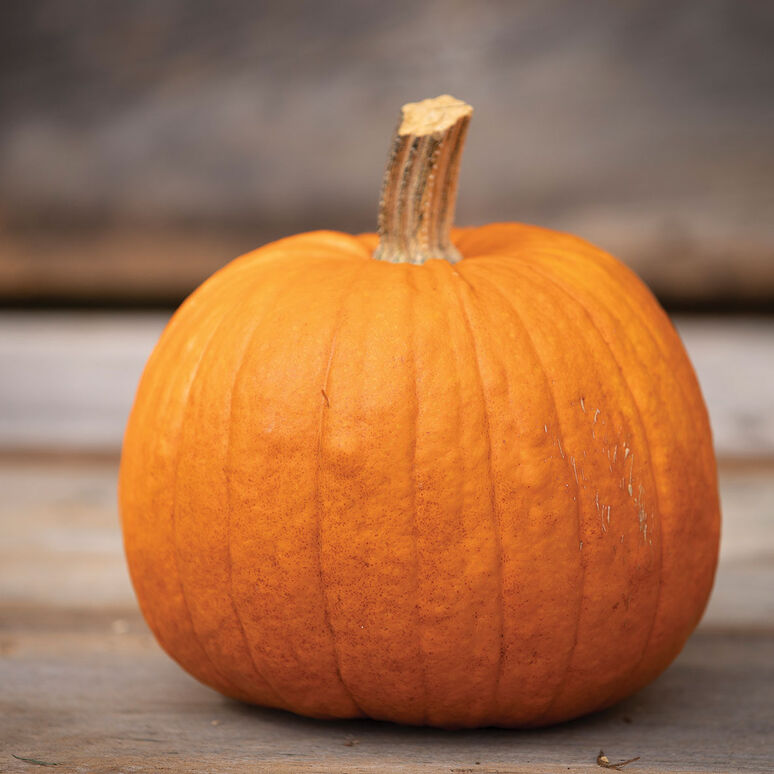Home Health Aides

As we enter into September, it seems the whole world has deemed that we are now in pumpkin season! From home health aides to nurses, everyone is excited about this PSL season.
Yet, pumpkin is not just a fad championed by a coffee chain, it’s also a healthy addition to any seniors’ diet. Here are six reasons why seniors may want to start eating a little more pumpkin!
1. A Cornucopia of Nutrients
One of the biggest benefits of pumpkin is the sheer amount of nutrients in the fruit. These healthful vitamins include: vitamins A, B1, B6, C, calcium, copper, fiber, potassium, and the list goes on! All of these nutrients are a welcome addition to any diet, be they senior or home health aide!
2. Improved Muscles
This gourd can also help improve senior muscles. This is because it is stuffed to the brim with potassium. Potassium is a key component of the signalling within the muscles. This allows seniors to avoid muscle cramping, ill-contracting muscles, and muscular atrophy.
3. Boosted Immunity
For seniors, a healthy dose of pumpkin can help boost immunity against sickness. The sheer amount of nutrients in this gourd all coalesce together as a barrier against harmful bacteria. For example, countless studies show that Vitamin A, found in pumpkin, can help strengthen the immune system and fight infections!
4. Strengthened Eyes
On the subject of Vitamin A, another benefit of pumpkin is that it can help strengthen senior eyes! As mentioned before, this particular fruit has a plethora of Vitamin A. This nutrient is directly related to reducing the risk of vision loss as well as macular degeneration.
5. Reduced Cholesterol
For seniors and caregivers alike, pumpkin can help reduce harmful LDL cholesterol. This is because the gourd’s seeds are rife with plant-based phytosterols. Eating recommended qualities of these phytosterols can lower LDL up to 14%. So, caregivers: when carving your next Jack-O-Lantern, don’t throw out the seeds!
6. Reduced Cancer Risk
Finally, pumpkin may help reduce the risk of cancer. This fruit’s orange pigmentation is caused by an ample supply of beta-carotenes. It is believed to be a link between beta-carotene and reduced risk in cancer. In fact, according to a 2009 study featured in the National Library of Medicine, beta-carotene intake has been connected to decreased lung cancer risk.

